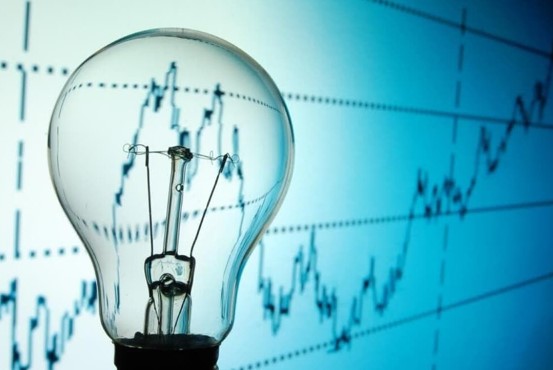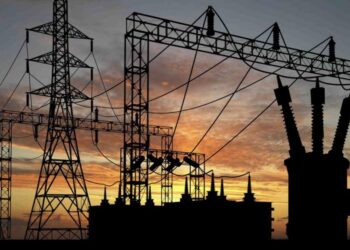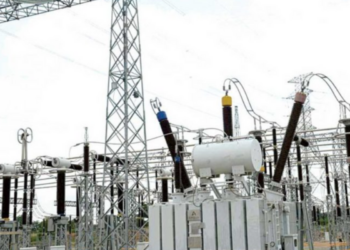Adebayo Adelabu, Minister of Power, has said that the revised electricity tariff for Band A customers could decrease if the Naira continues to strengthen against the Dollar in the foreign exchange market, indicating that the rates are not fixed.
The minister made this statement during an interview on Channels TV on Thursday.
He stated that the tariff is flexible, as it reflects the current economic conditions in the country, especially the exchange rate between the Naira and the Dollar in the FX market.
- “The tariff is flexible, and I can tell you that even if naira gains more and the exchange rate comes down below N1,000, it must positively affect the tariff and the tariff even for the Band A will come to down below the N225 kilowatt per hour that we are currently charging.
- “There are variable factors that go into composition of the tariff, and we are not closing our eyes to it. We are publishing it, we are transparent, we are talking to Nigerians and all the power sector stakeholders. This administration is very serious, and we are committed to transforming the sector,” he said.
Adelabu also noted that the Federal Government is still paying subsidies on electricity despite the recent hike in tariff paid by Band A customers.
Adelabu emphasized that under the Electricity Act 2023, there are provisions that allow for the tariff to be reviewed twice each year.
Addressing allegations that the Federal Government eliminated electricity subsidies in 2022, Adelabu referenced several factors such as the rising Dollar value, increasing gas prices and the costs associated with power plant operations as well as transmission and distribution infrastructure over the past two years.
- “If we have been paying the tariff at the same level in the last two years, it logically means that someone has been paying the burden of all these increases.
- “As it is today, looking at a total production, transmission and distribution cost, the Nigerian Government is bearing 67% percent of that cost before the increase in tariff for Band A customers. But when you look at the generation cost, the Nigerian Government is paying 90% but in terms of total subsidy, it is about 67% of subsidy on the tariff.
- “Last year, it was about N720 billion which was not fully funded. We have about N305 billion carried into this year. If we retain tariff at the current level, the Nigerian Government will be needing about N2.9 trillion to subsidise electricity but with the increase for Band A customers, we are going to have a reduction of about N1.1 trillion So, we are looking at about N1.8 trillion in subsidy,” he said.
What you should know
Nairemetrics had earlier reported that the Nigerian Electricity Regulatory Commission (NERC) increased the electricity tariff for customers under Band A category from N66/kWh to N225.
Musliu Oseni, Vice Chairman of NERC, said that these customers account for 15% of the 12 million electricity consumers in the nation.
He further stated that due to the failure to meet the necessary electricity supply hours, the commission has moved some Band A customers to Band B.
- Furthermore, Nairametrics reported that the Nigerian Electricity Regulatory Commission (NERC) applied an exchange rate of N1463.3/$ in calculating the new electricity tariff for Band A consumers in the recent electricity tariff review.
- This is according to the revised Multi Year Tariff Order (MYTO) from the NERC to all 11 electricity discos across the country in 2024.
- In the revised order, the exchange rate is notably higher by N543.92 compared to the initial figure of N919.38/$ that was recorded in early January.
- Accordingly, the escalation in rate can be traced back to volatility in the foreign exchange market, with the naira plummeting and reaching a high of N1800 in the parallel market by March.
- Recently however, the naira has made a considerable comeback, falling below N1300 in the parallel market due to reforms implemented by the Central Bank of Nigeria (CBN).























